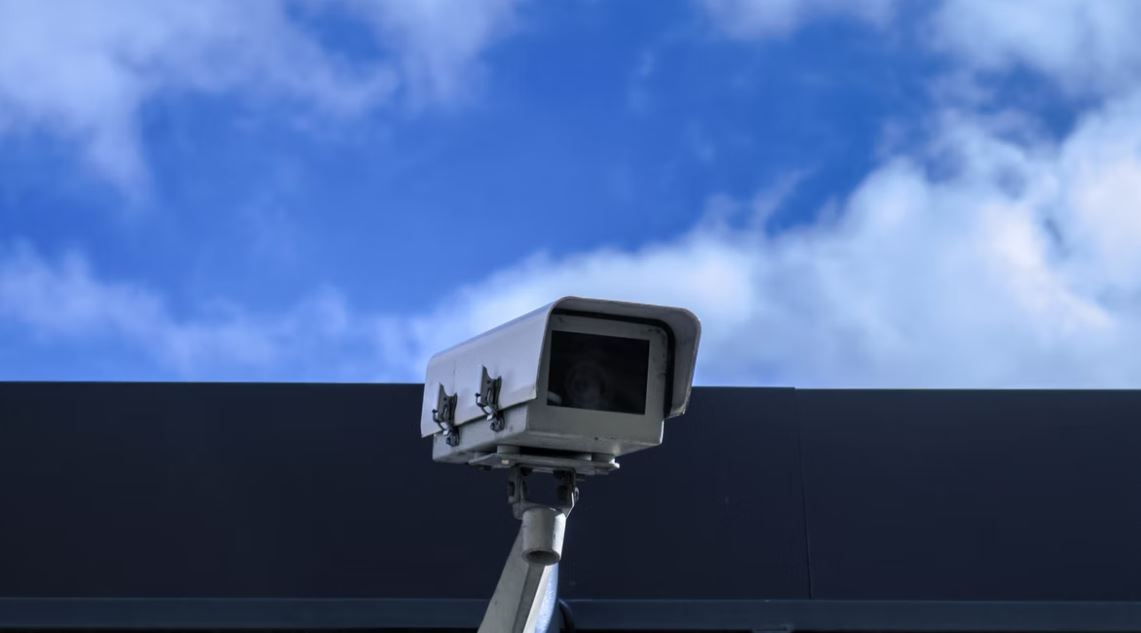
The hosted cloud services and applications you rely on must have security solutions and practices in place to combat the changing modern threat landscape. Tensions abroad are only feeding a growing cybercriminal ecosystem which operates within Dark Web forums as much as in the real world, and the interconnected nature of cloud-based networks means that everyone is at risk. Everything from your Microsoft apps to your ERP and accounting software can expose other systems to a data breach if you do not prepare for the latest cyber threats, especially those looking to leverage security gaps in your cloud-hosted environments.
The Current Threat Landscape for Cloud Services
The current threat landscape is like a Venn Diagram of different actors gravitating towards common techniques and strategies, with many individuals and separate groups shopping for education and toolkits in an open marketplace of ideas (and resources). Amazon, Google and other popular cloud services are trying to stay ahead of each new cyber attack, but not every layer of publisher-level protection is proactive enough to secure your data at the user level. This is where a CSP (cloud service provider) is able to step in, offering preemptive and dynamic solutions for a wider range of intrusion response options.
Here are several examples of the types of cyber threats your business faces in the current digital landscape:
Dark Web Ecosystem
The Dark Web plays host to an entire ecosystem of cybercrime that takes advantage of the privacy offered by the unindexed part of the Deep Web to conduct illegal business without scrutiny, in addition to through encrypted apps like Telegram. These channels allow hackers and affiliates to buy and sell billions upon billions of stolen account credentials, including many reused passwords.
The Software Supply Chain
Just with the physical manufacturing sector, software applications often occupy a targeted section of the technology stack and are increasingly being passed between a greater supply chain of engineers and publishers. This means that when a vulnerability appears in one app, its integration with other systems in your stack could potentially expose the data they contain.
Managing Cloud Software Security
As cloud adoption grows, so too does the need to ensure protections are enabled down to the user level for both your software and hosting service you use to load it. Amazon Web Services (AWS) servers in particular have suffered from repeat misconfigurations on the customer side, with many of them unaware of the local security responsibility.
Java Bugs & Security Patches
Late 2021 and early 2022 introduced a wave of Java bugs that forced IT and cybersecurity staff to work overtime in releasing security patches to plug in the vulnerabilities they presented for multiple platforms. While SpringShell was not as overwhelmingly severe as Log4Shell before it, its presence only reinforced how one gap in the software supply chain could put millions at risk (especially with open source applications like Log4J).
Cyber War & Nation-state Hackers
Escalating tensions between NATO members, Russia and allies of both in the wake of 2022 invasion of Ukraine caused many US agencies to give warnings of suspected retaliatory cyber attacks emerging against American firms. The conflict has also been defined increasingly by hacktivism and information warfare campaigns that have begun to show signs of real world consequences, only adding to fears of a digital free-for-all (in which cloud platforms would become the attack surface).
Ransomware Gangs
Ransomware took over as the number one malware threat due to its efficiency and ROI for cybercriminals, who recycle toolkits, templates and techniques to maximize their productivity and success rates. There are whole networks of developers, affiliates and “executives” within these gangs, who also employ considerable intelligence gathering services to find victims – and who often work hand-in-hand with (or for) the spy agencies of several countries.
Phishing Campaigns
Phishing campaigns are the means by which ransomware and other malware attacks achieve their ends, allowing for hackers to gain entry into an entire network by luring an individual into clicking a link that will infect their local database and expand from there. Humanitarian crises like the 2022 invasion of Ukraine and the 2020 global pandemic only give phishers opportunities to craft more compelling email spoofs, and when one node in a cloud-connected system is breached they will try to take control of everything else.
Cryptocurrency Jackers
A side of network breaches that can often be overlooked is the world of “cryptojacking,” in which an attacker has breached a system in order to use its processing power to mine cryptocurrency, which can typically accompany data theft as well. Malicious cryptominers often target cloud services in particular, specifically hunting down computers exposed from server misconfigurations.
Cloud Security Services for Broad Cyber Threats
Protecting your cloud-hosted environment requires employing cyber defense practices from the ground up, augmented by security solutions built to reinforce safeguards at the user level and upwards. Here are a few of the services that a CSP can provide:
Business Continuity & Disaster Recovery
True business continuity and disaster recovery (BCDR) must include more than data backup and storage – your solution needs to be able to provide consistent redundancy as well as all of the tools and practices required to restore systems quickly.
Security Operations Center (SOC)
A security operations center, or a SOC, supplies you with proactive cybersecurity powered by human intelligence, which ensures that you are able to spot intrusions that can slip past automated security as well as your users.
Cybersecurity Training
Security awareness training goes a long way towards preparing your employees to spot cyber threats on their, preventing the largest portion of breaches that occur because of human error.
SWK’s Secure Cloud Hosting Will Help You Fight Cyber Threats
SWK Technologies will help you protect your mission-critical systems with our Secure Cloud Hosting services, which provides 24×7 cybersecurity monitoring for your hosted applications, including your ERP, CRM, Microsoft apps and more. Reach out to us today to discover all the ways SCH will secure your data in the cloud.
Contact SWK here to learn how our secure cloud hosting services will enable you to defend your systems and data in the current threat landscape.

